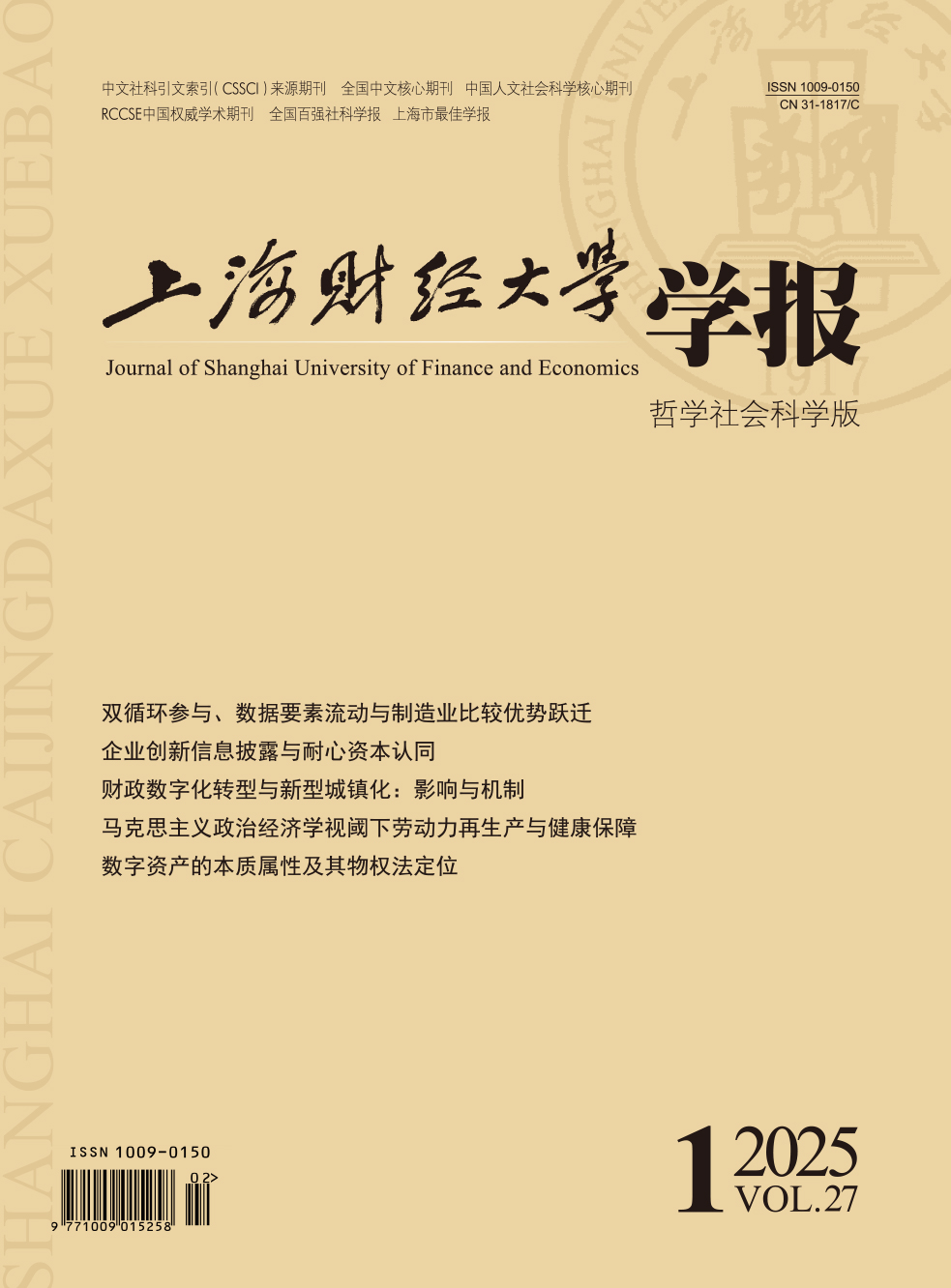The digital revolution has brought about the dematerialization of the economy and promoted the rise of new digital assets, such as crypto assets. Recently, the global cryptocurrency market has ushered in an unprecedented boom. As digital currency has become digital gold, its attributes and the status of the object of property rights impose new challenges on the current property law and even civil law, which need to be quickly and effectively addressed. The decentralized and anonymous nature of crypto assets amplifies these challenges and continues to outpace the law’s capacity to respond. As a result of the digital revolution, digital assets cannot be classified into any existing legal categories, and their attributes are differently treated by the legislation and practice all around the world, which causes legal uncertainty and debates over their legal operation. Many issues such as the nature of digital assets, whether it can be the object of property rights, the publicity principle of property rights, and the legal status are still to be clarified. There are differences between the two legal systems in judging the attributes of digital assets. In the civil law system, France unifies property into the concept of “thing”, while the German law of property rights stipulates that property and thing cannot be similar. The legislative and practical circles in the United Kingdom and the United States, as well as many other scholars, hold an open and positive attitude towards the property attributes of digital assets, and regard them as the object of property rights. Adopting the remedy of property rights, they can be protected by the interim proprietary injunction in the United Kingdom and the United States, which provides a mirror for the legal status of digital assets granted by the property law of China. Due to the lack of physical boundaries, digital assets cannot be owned and publicized in the traditional way, but they can be subject to the owner’s exclusive control. Since exclusive control is one of the first requirements for the creation of property rights, the publicity method of property rights is “control is property”. In the digital era, it is not appropriate to limit the object of property rights to the physical object. It is necessary to classify digital assets into the category of “object” in the Civil Code and properly grant them a legal status in the property law.
 / Journals / Journal of Shanghai University of Finance and Economics
/ Journals / Journal of Shanghai University of Finance and EconomicsJournal of Shanghai University of Finance and Economics
LiuYuanchun, Editor-in-Chief
ZhengChunrong, Vice Executive Editor-in-Chief
GuoChanglin YanJinqiang WangWenbin WuWenfang, Vice Editor-in-Chief
The Essential Attributes of Digital Assets and Their Legal Status in the Property Law
Journal of Shanghai University of Finance and Economics Vol. 27, Issue 01, pp. 123 - 137 (2025) DOI:10.16538/j.cnki.jsufe.2025.01.009
Summary
References
Summary
Cite this article
Chen Xueping. The Essential Attributes of Digital Assets and Their Legal Status in the Property Law[J]. Journal of Shanghai University of Finance and Economics, 2025, 27(1): 123-137.
Export Citations as:
For
ISSUE COVER
RELATED ARTICLES




 4283
4283  7504
7504

